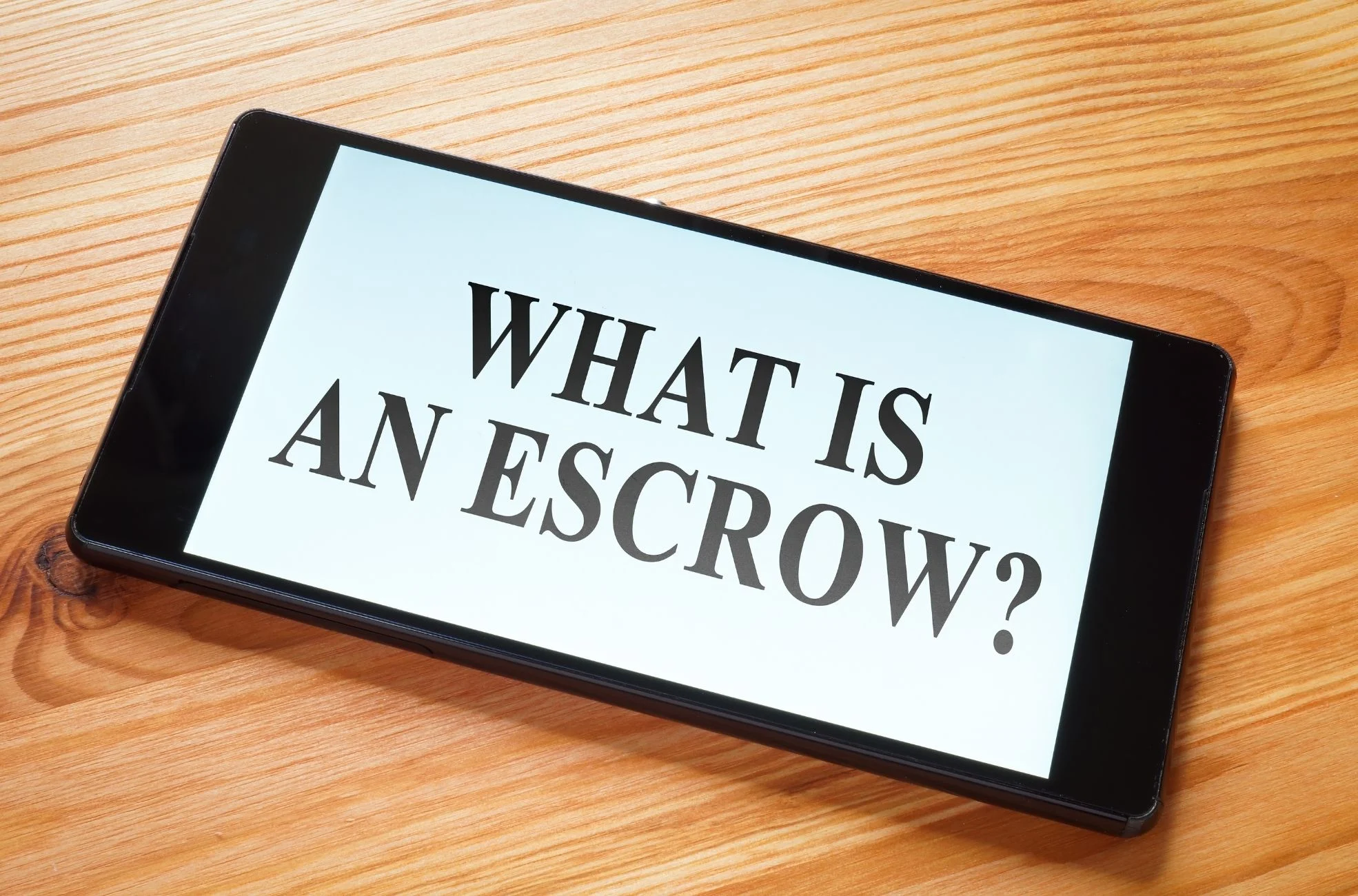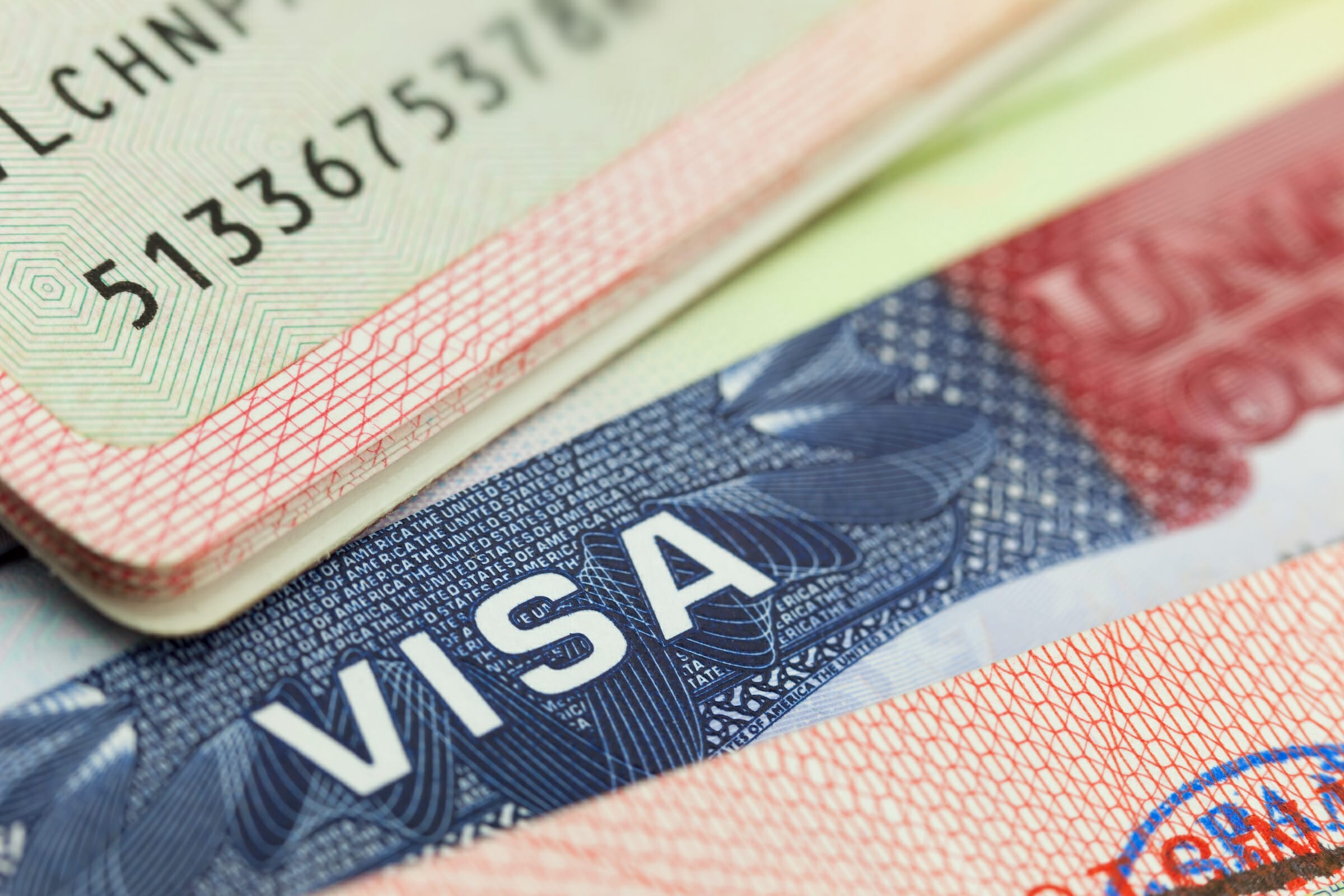Property Mortgages in Thailand. In Thailand, the legal mortgage system serves as a formal mechanism for securing obligations related to real property. While mortgages are recognized under the Civil and Commercial Code (CCC) and further regulated by ministerial and departmental orders, the practical use of mortgages—especially by foreign parties—remains limited due to restrictions on foreign land ownership and banking regulations. Mortgages in Thailand are typically registered over land, condominiums, and buildings, and they function as non-possessory security interests, enforceable through foreclosure upon default.
This article analyzes the statutory basis, registration process, types of mortgages, lender classes, and foreclosure procedures, while addressing limitations specific to foreign nationals and cross-border lending.
II. Legal Basis and Nature of Mortgages
A. Statutory Foundation
Thai mortgage law is codified primarily under the Civil and Commercial Code, Book III, Title XII: Mortgage (Sections 702–746).
Key characteristics of Thai mortgages:
-
Accessory in nature: The mortgage is a security for a principal obligation (usually a debt); if the debt extinguishes, so does the mortgage.
-
Non-possessory: Mortgagors retain use and possession of the asset.
-
Real right: A registered mortgage creates a right in rem against the property, enforceable against third parties.
Under Section 702 CCC:
“A mortgage is a real right established by law, enabling a creditor to enforce their claim through the mortgaged property without needing to take possession.”
III. Mortgageable Property Types
Not all property can be mortgaged under Thai law. The CCC limits eligible property to:
-
Immovable Property:
-
Land with proper title (e.g., Chanote title deeds only)
-
Condominium units (freehold only)
-
Buildings constructed on owned or leased land (if separable and registered)
-
-
Movable Property:
-
Ships ≥ five tons
-
Aircraft
-
Registered machinery (subject to special mortgage under the Business Security Act)
-
Leased land or buildings on leased land generally cannot be mortgaged unless the lessor is the mortgagor or has granted written consent.
IV. Parties to a Mortgage
A mortgage contract involves two parties:
-
Mortgagor: The owner of the property, who grants the mortgage.
-
Mortgagee: The creditor or financial institution that lends money and registers the security.
Important considerations:
-
The mortgagor must have legal title to the property at the time of registration.
-
In the case of co-owned property, all co-owners must consent and sign the mortgage.
-
Companies can mortgage their own assets, but board resolutions and director authorizations must be submitted.
V. Mortgage Registration Process
Mortgages in Thailand must be registered at the competent Land Office in the jurisdiction where the property is located. The process involves:
-
Execution of the mortgage agreement, specifying:
-
Debt amount
-
Interest rate
-
Term and repayment conditions
-
Enforcement rights
-
-
Submission of:
-
Original land title deed (Chanote)
-
Identification documents (ID cards, passports, company affidavits)
-
Supporting loan agreement
-
Power of attorney (if applicable)
-
-
Payment of fees:
-
Registration fee: 1% of the mortgage amount
-
Stamp duty: 0.05% (often included in mortgagee’s cost structure)
-
-
Annotation of the mortgage onto the title deed and Land Department records.
The mortgage is valid from the time of registration and remains effective until released or fully satisfied. Mortgages must be renewed if the debt term exceeds 10 years for individuals or 30 years for juristic persons (per Section 727 CCC).
VI. Foreign Participation and Restrictions
A. Foreign Mortgagees
Foreign individuals and companies are not prohibited from being mortgagees, but practical restrictions arise:
-
Foreign banks must be licensed under Thai law or act through local entities to register a mortgage.
-
Enforcement through foreclosure may be hindered if the foreign lender cannot own land upon auction, creating a structural inefficiency.
-
Currency control regulations may limit remittance of proceeds, especially for non-Baht-denominated loans.
B. Foreign Mortgagors
Foreign individuals generally cannot mortgage land they do not legally own. However, a foreigner may mortgage:
-
Condominium units (if held within the 49% foreign quota)
-
Buildings they own on leased land (with separable ownership rights)
-
Lease rights themselves cannot be mortgaged under current law
Foreigners seeking financing in Thailand for property acquisition typically face the additional hurdle of banks being unwilling to lend due to enforcement risk and nationality-based ownership constraints.
VII. Mortgage Enforcement and Foreclosure
Upon default, a mortgagee may enforce the mortgage by foreclosure or public auction, but must follow procedures prescribed under Section 733–746 CCC.
A. Enforcement Prerequisites
-
Written notice of default must be sent.
-
Creditor must wait at least 60 days after notice before initiating foreclosure.
-
If the mortgaged property is land, a court order is required.
B. Foreclosure Process
-
File a claim in the Civil Court.
-
Obtain judgment allowing foreclosure or sale by public auction.
-
Court orders public auction, conducted by the Legal Execution Department.
-
Sale proceeds are used to repay:
-
Mortgage debt (principal + interest)
-
Court and execution costs
-
Remaining proceeds (if any) returned to mortgagor
-
The creditor may not automatically appropriate the property (lex commissoria is prohibited under Section 729 CCC).
VIII. Priority of Mortgages and Third-Party Rights
If multiple mortgages exist over the same property:
-
Priority is determined by order of registration (not execution date).
-
Earlier-registered mortgagees have senior rights in enforcement and liquidation.
-
Junior mortgages are extinguished if the senior mortgage exhausts the sale proceeds.
Buyers who purchase mortgaged property without paying off the mortgage risk having the property sold via enforcement, as the mortgage binds the property, not just the debtor.
IX. Special Mortgage Arrangements
A. Revolving Mortgages
Thai law permits mortgages to secure revolving debt or overdraft facilities, provided the maximum secured amount is specified.
B. Business Security Act (2015)
In addition to CCC mortgages, Thailand introduced security interests over business assets (e.g., receivables, inventory, goodwill) under the Business Security Act B.E. 2558, administered by the Department of Business Development. These are different from real estate mortgages but sometimes used in conjunction.
X. Practical Considerations and Institutional Trends
-
Thai commercial banks often require a mortgage as collateral when financing condominium or land purchases.
-
Interest rates, loan-to-value ratios, and mortgage eligibility are subject to Bank of Thailand policy and individual bank credit underwriting standards.
-
Foreigners must consider foreign exchange controls, especially for loan repayment or debt service in foreign currency.
-
Cross-border mortgages (e.g., foreign loans secured by Thai property) are difficult to enforce and rarely used in practice due to title and auction limitations.
Conclusion
The mortgage system in Thailand offers a legally robust but structurally conservative mechanism for securing real estate transactions and financing. Mortgages are strictly formalistic, requiring registration at the Land Office, and subject to the accessory nature of security interests under civil law.
For Thai nationals and local businesses, mortgages remain a key tool in real estate finance. For foreign investors and lenders, practical utility is often constrained by ownership restrictions, limited access to financing, and procedural barriers to enforcement.
Nevertheless, with proper structuring, legal review, and registration, mortgages in Thailand can provide effective security—especially in domestic lending and developer-backed financing models. However, parties must understand the limits of foreclosure, the priority of claims, and the legal risks in mixed-ownership scenarios, particularly when foreign individuals or offshore lenders are involved.






